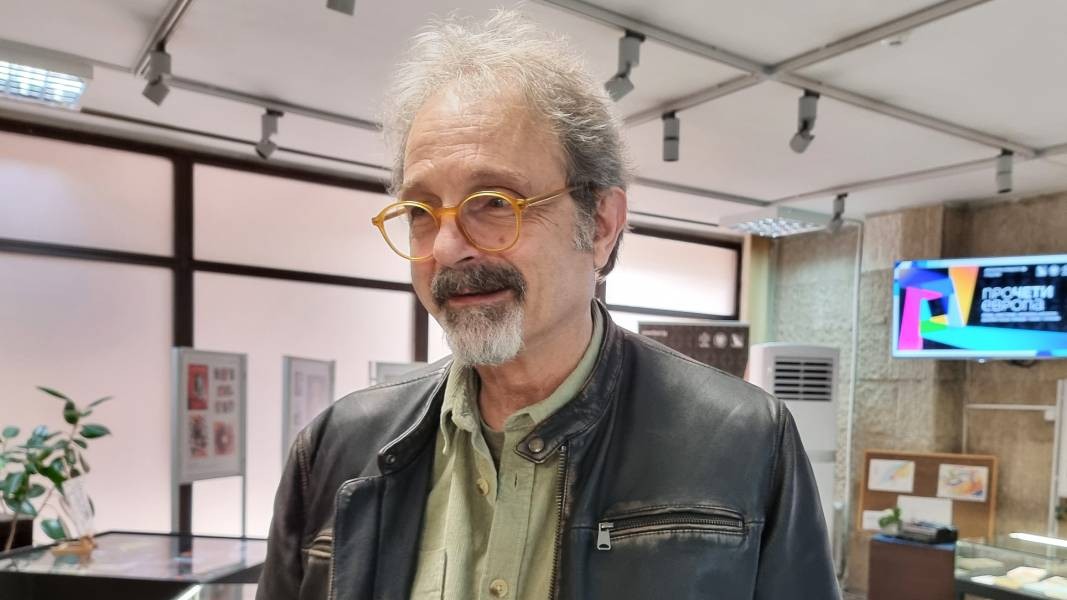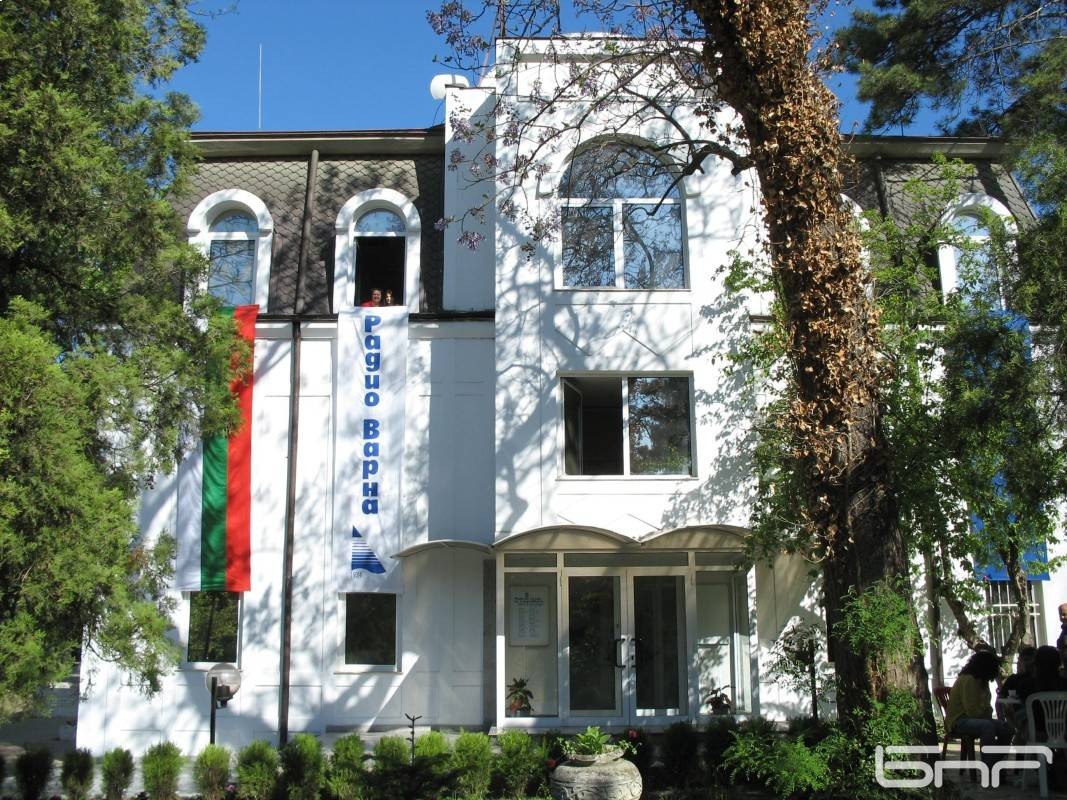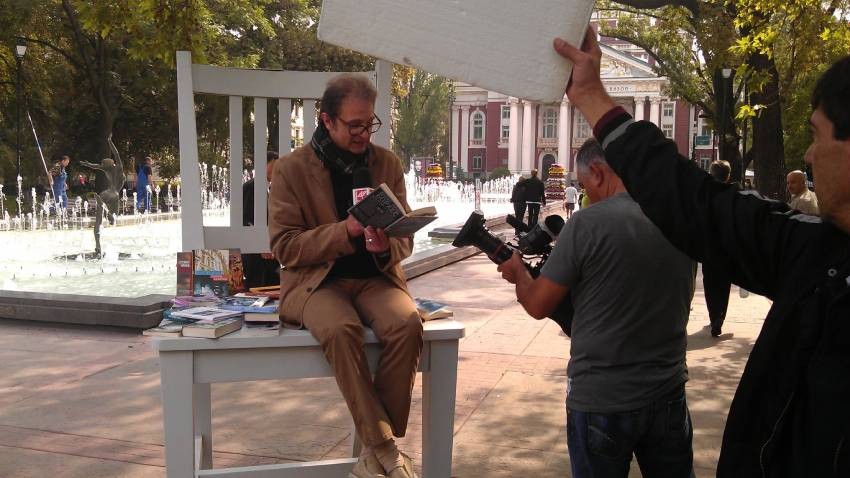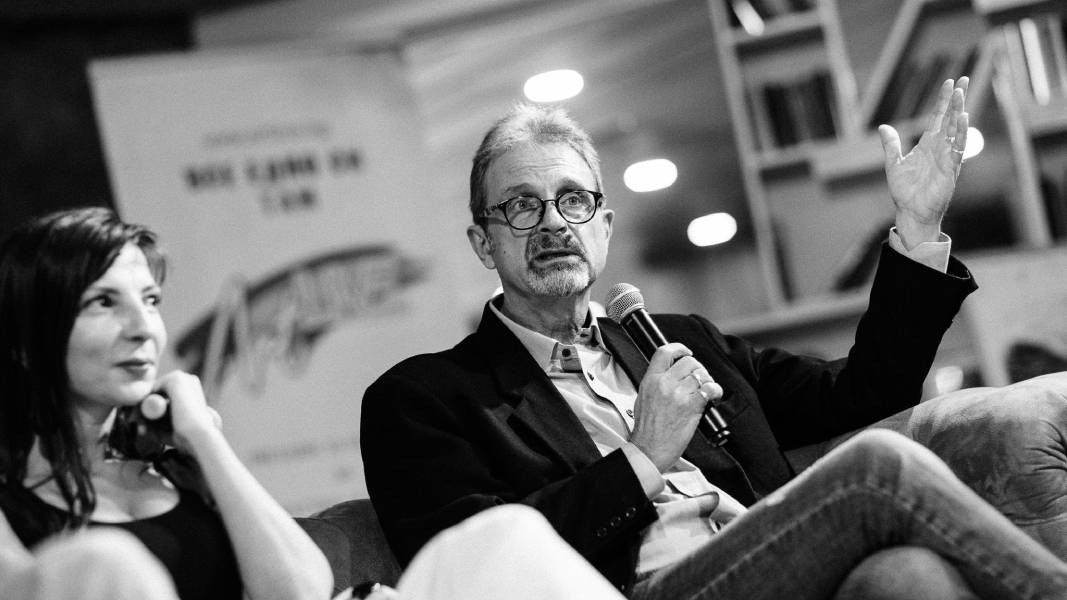
"My first experience at BNR was actually at Radio Varna, when I was a student. During the summer, we used to make programmes for foreign tourists — there were broadcasts in French, German, English, Russian, and so on. Later, once I was in Sofia… I honestly don’t even remember how I ended up at BNR. I didn’t work there for long — probably not even a full year.

At the time, we were working with radio equipment that no longer exists. We used tape reels and there were boxes in the corridors called "drossels" (bulk tape erasers — ed.), where you could erase recordings from tapes so they could be reused. I clearly remember the tedious process of translating official protocol news — our audience was mainly in North Africa. The news would be given to us in Bulgarian, and we had to translate it exactly as it was. Then, once it had been translated, an editor would check it again to make sure that we hadn’t slipped in any inappropriate words. There was absolutely no room for creativity, except in the translation itself, which is a creative process in its own right."

‘I enjoy what I do, whether it’s working in television or digging ditches.’ Reading is one of my greatest passions — I can’t even fall asleep at night without reading a few pages first. My friends know that there’s always a book in my backpack, so if they’re late, they don’t have to worry — I can just take it out and read while waiting for them in a café. When it comes to translation, some books truly capture my attention and keep me engaged for a long time, while I find others tedious and translate them with little enthusiasm. But that’s work. It’s important to constantly maintain your language skills — both Bulgarian and French. You always have to stay sharp and keep up with new developments.
“Here at home, writers are already well known and warmly received everywhere. But in France, the cult of the writer has a long tradition. Authors there have long since stepped out of anonymity and become leading figures in society,' says Georgi Angelov, reflecting on the similarities between Bulgaria and France.

“I’ve met many of the writers I’ve translated. The most memorable was Michel Tournier. I had the opportunity to meet with him for a full three months, to talk and discuss various topics. He was an endlessly fascinating person, incredibly erudite. This kind of communication is important not only for the translation of the specific book you’re working on, but also for your own personal growth. Translating a writer through their pages is one thing, but it's quite another when you've had so many deep and meaningful conversations with the author. His philosophy, his way of expressing himself and his way of thinking make you grow as a person, too."
The joy you see in the eyes of the people you have helped cannot be described in words, it must be experienced!" This was shared by Veneta Terzieva and Valentin Grigorov on Bulgaria's National Awakeners' Day. The two have been helping other Bulgarians in..
On October 24, the Honorary Consulate of Bulgaria in Norway was opened with an official ceremony and a festive concert in the Norwegian city of Stavanger. The first honorary consul is pianist Kiril Kutin, who has established himself as an authoritative..
There are more than 80,000 Bulgarians living in Moldova, with a concentration in the southern part of the country. Most are settled in the town of Taraclia and its surrounding region. One of the key institutions established by the Bulgarian community is..

+359 2 9336 661
